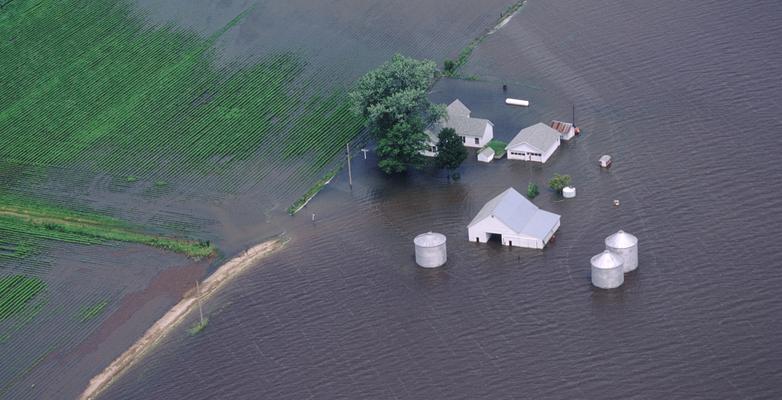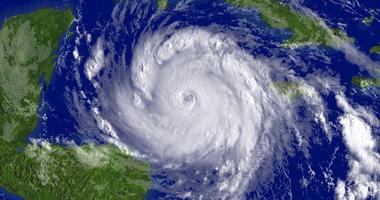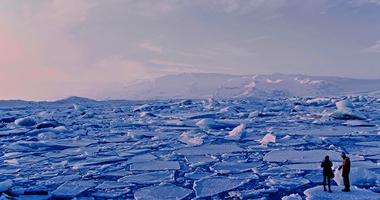
The Rise in Unnatural Disasters: Flooding
3 min read
The man-made, fossil fuel-driven climate crisis is having a clear impact on the way water moves around our world.
Recent record-breaking floods are one prime example of how our lives have been upended by climate change.
In June, two people were killed after major flooding hit the US Midwest. The same storms also nearly took down a dam in southern Minnesota.
“In Iowa, days of catastrophic flooding and severe storms prompted President Joe Biden to approve a disaster declaration for some areas, freeing up federal funding for relief efforts,” CNN writes.
And more recently, in just the last few weeks or so, parts of southern, central and eastern China have endured torrential rainfall – in one province, three-quarters of what the region would normally expect to see in a whole year fell in just 24 hours.
Over 100 people have been killed across the country due to flooding and landslides since late June – and more than one hundred thousand have been evacuated from their homes.
“The government has in recent years grown increasingly alert to the domestic risk of climate change – including its potential impact on food security as drought and floods hit lands critical for the national grain supply,” CNN reports.
Why this is Happening
Science has shown that the climate crisis touches every corner of our planet’s ecosystems – and that includes changes in the water cycle. Put simply: It kicks it into overdrive.
Specifically, as average global temperatures have increased at their fastest rates in millions of years, this rise has directly affected things like water vapor concentrations in the atmosphere, clouds, and precipitation and stream-flow patterns.
“Increasing global temperatures cause water to evaporate in larger amounts, which will lead to higher levels of atmospheric water vapor and more frequent, heavy, and intense rains in the coming years,” National Geographic writes. “Climate scientists predict that this shift will lead to more floods since more water will fall than vegetation and soil can absorb.”
When water evaporates from the land and sea, it eventually returns to Earth as rain and, in the wintertime, snow. Rising temperatures intensify this cycle because as air temperatures increase, more and more water evaporates into the air.
>> Learn More: Summer’s Climate Impacts Hit Hard <<
At the same time, warmer air holds more water vapor. Indeed, for every degree Celsius of temperature rise, the atmosphere can hold as much as 7% more moisture.
This is contributing to an increase in the average annual amount of rain and snow in some places and creating more intense, sudden downpours in others.
The result is major problems like extreme flooding in communities around the world.
We’ve seen “once every 500 years” rainfall events happening more and more often.
Also in June, in Florida, the state was battered by historic rains, sometimes falling by as much as 3.9 inches per hour in some places. This spring, hundreds were killed in Afghanistan and Pakistan as a series of flash flood events plagued the nations. And similarly, spring came with drenching rains in parts of eastern Africa, including Ethiopia, Kenya, and Somalia, “where nearly 1.6 million people have been affected, including 528 people who lost their lives, and up to 482,320 people who have been displaced,” according to the United Nations Office for the Coordination of Humanitarian Affairs (OCHA).
One thing is clear: The more we continue to burn fossil fuels and drive up global temperatures, the more dangerous and extreme a variety of weather events, from powerful floods and hurricanes to devastating wildfires, will become.
We must act on climate now to avoid the worst of it – and to be clear, it could get much, much worse.
What You Can Do
Ready to take action to help fight the climate crisis?
We believe real change comes from the ground up. We know that a small-but-committed critical mass of activists can not only transform society but change the world.




